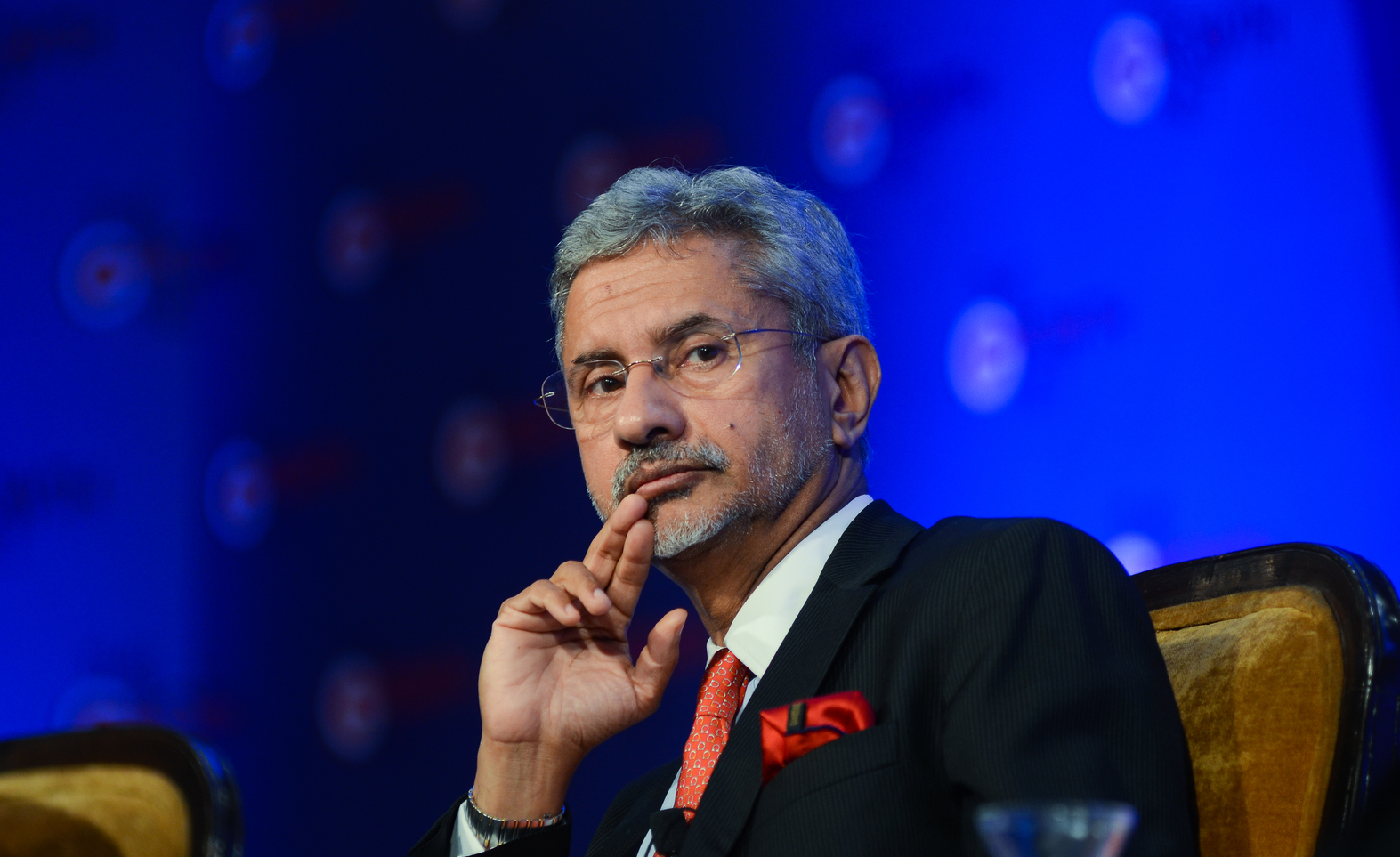
June 30, 2021
Accessible technology was identified as an important component of tackling climate change.
Multilateralism through G20, WHO, and UNSC could shape pandemic response and growth in developing countries.
The current model of global governance could be modernized given digitization and the role of non-State players.
Bridging the digital divide and strengthening centres for innovation in the East and West are the need of the hour.

External Affairs Minister Shri S Jaishankar and former British Prime Minister Mr Tony Blair, discussed the emerging challenges as the world fights the COVID-19 pandemic at the ongoing Global India Forum 2021, In The session ‘Global Leadership- Radical Actions for a Post Pandemic Era’, Shri Jaishankar highlighted the success of India’s efforts towards becoming a greener, sustainable and circular economy via the International Solar Alliance. He also reiterated what Mr Blair had said about technology being developed with the aim of making electricity available, affordable and accessible to all. Other highlights of the session included discussions on multilateralism, vaccine equity and technology development.
On the subject of climate change, Dr Jaishankar remarked “The issue is not the recognition of the problem but the resourcing of the solution.” Mr Blair subsequently emphasised that accessible technological solutions were crucial to revisioning everything from agricultural practices to electricity consumption at home. Citing the examples of the Grand Inga Dam in Congo and the 10GW solar power projects in the Sahara Desert, Mr Blair maintained that electricity access in developing countries continues to be a key growth parameter. In order to bridge the gap, policy reforms are expected to address both existential and financial issues that get in the way. In a similar vein, Dr Jaishankar called for a change in popular attitudes towards hydel power and nuclear projects.
The two leaders advocated for multilateral cooperation in the fields of renewable energy and global healthcare. The G20, World Health Organization, as well as the United Nations Security Council, were identified as important multilateral platforms to enhance cooperation. They advocated for better pandemic preparedness at a global level through:(i) coordination with big pharma in standardising vaccine recognition, (ii) reducing vaccine hesitancy through the presentation of data on effectiveness, (iii) catalysing vaccine availability and vaccination programmes across the glove, (iv) preparing a strategy to reduce the time gap between global pandemic emergence and mitigation. Given the proliferation of digitisation and the shift in global priorities following the pandemic, Dr Jaishankar called for the modernisation of global governance.
Mr Blair reiterated the role of fora like G20 in his statement “It (the G20) brings together the largest economies of the world and it is not as West-focused as the G7”, adding that it was important to build a global response network centred around cloud analytics. Likening the 21st-century tech revolution to the Industrial Revolution, Mr Blair called for the bridging of the digital divide and the need for competitive tech and innovation centres in both the Eastern and the Western Hemispheres. In his concluding remarks Shri Jaishankar spoke about how non-state players, especially big tech entities, could influence the course of modern-day international relations.